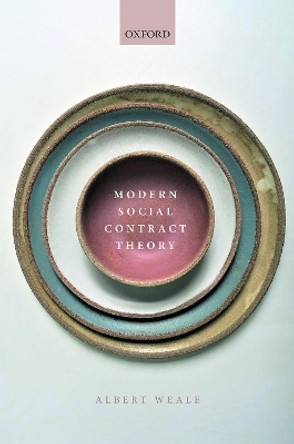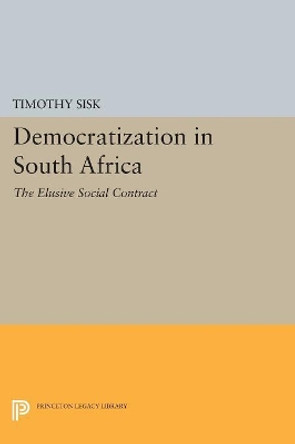This book offers a theory of democratic justice. According to the theory, justice emerges from collective agreement among political associates who enjoy approximate equality of power. Such situations can be seen as social contracts, and we find an empirical model for social contracts in the examples of successful common property resource regimes. In these regimes, participants craft collective rules of access to the means of production on an equal basis and producers are entitled to the full fruits of their labour. To interpret this theoretically an account of practical rationality in terms of individual and public deliberation is required. In tracing the move from small scale to large scale societies, three important transformations become apparent: in political institutions; in the economy; and in the functions of the household. All are relevant to the understanding of justice. In great societies representative parties making policy and law in shifting coalitions in parliaments elected by proportional representation exemplify political equality and so instance one form of democratic justice. In the economy corporate hierarchies modify the full fruits principles, not always in the direction of justice. Redistribution is justified as a means of smoothing income across the life-cycle, rather than by appeal to economies of scale or a simple principle of need. The sense of democratic justice requires commitment to the maintenance of those institutions that protect common interests, whilst acknowledging where there are differences of interest. This sense of democratic justice needs to be upheld by effective governance.
About the AuthorAlbert Weale is Professor of Political Theory and Public Policy in the School of Public Policy, University College London. He was previously Professor of Government and co-editor of the British Journal of Political Science at the University of Essex, and has also held positions at the University of East Anglia, the University of York, and the University of Newcastle upon Tyne. His research and publications have been concentrated on issues of political theory and public policy, especially the theory of justice and the theory of democracy, health policy and comparative environmental policy. In 1998 he became a Fellow of the British Academy and was one of its Vice-Presidents from 2007 to 2012, acquiring special responsibility for public policy matters.
ReviewsI would recommend Weales empirically derived model of democratic justice to those interested in this important topic as a thoughtful, credible, and valuably provocative theory worthy of their attention and considered response. * Thomas A. Spragens Jr, Duke University, The Review of Politics *
Book InformationISBN 9780199684649
Author Albert WealeFormat Hardback
Page Count 326
Imprint Oxford University PressPublisher Oxford University Press
Weight(grams) 1g
Dimensions(mm) 239mm * 162mm * 26mm








![The Will of the People: A Modern Myth by Albert Weale 9781509533275 [USED COPY] The Will of the People: A Modern Myth by Albert Weale 9781509533275 [USED COPY]](https://cdn11.bigcommerce.com/s-zkx5lhzlf8/images/stencil/444x444/products/4800632/4799878/9781509533275__56450.1721743637.jpg?c=1)